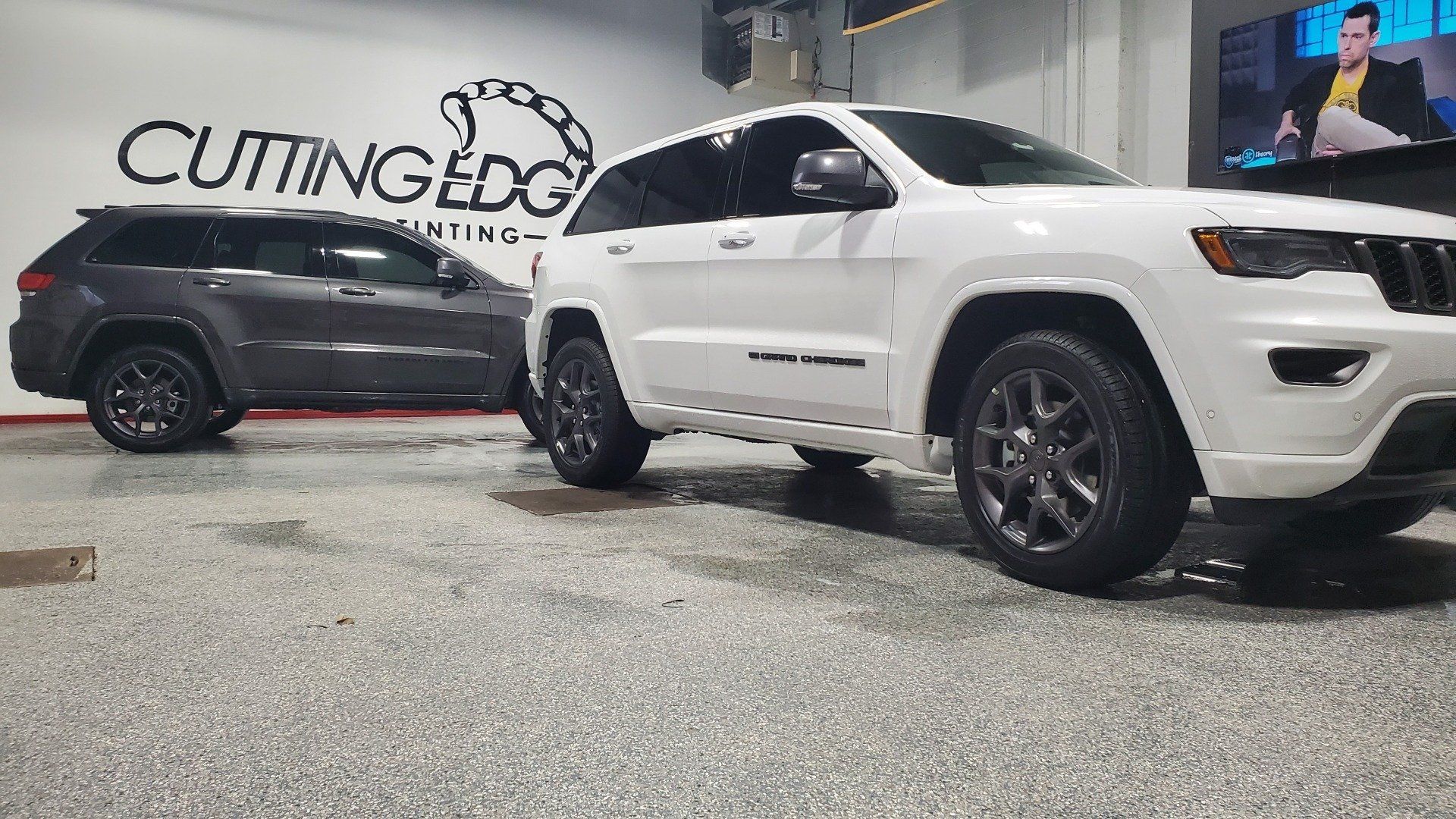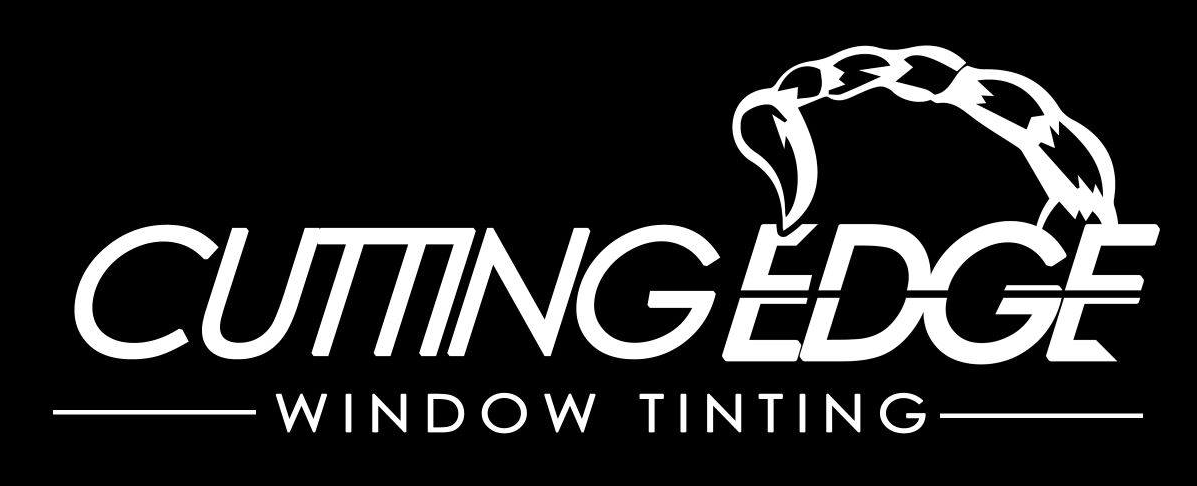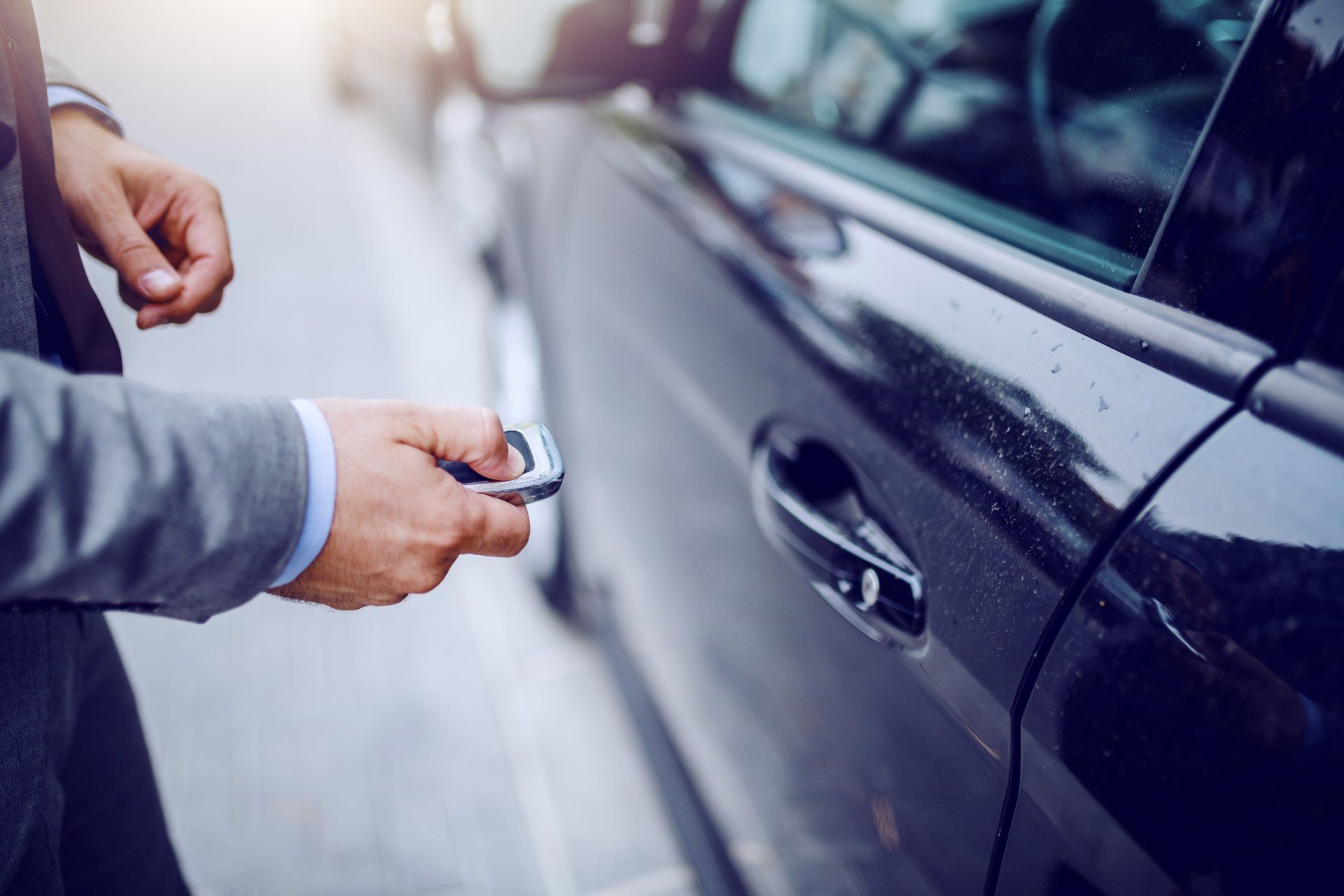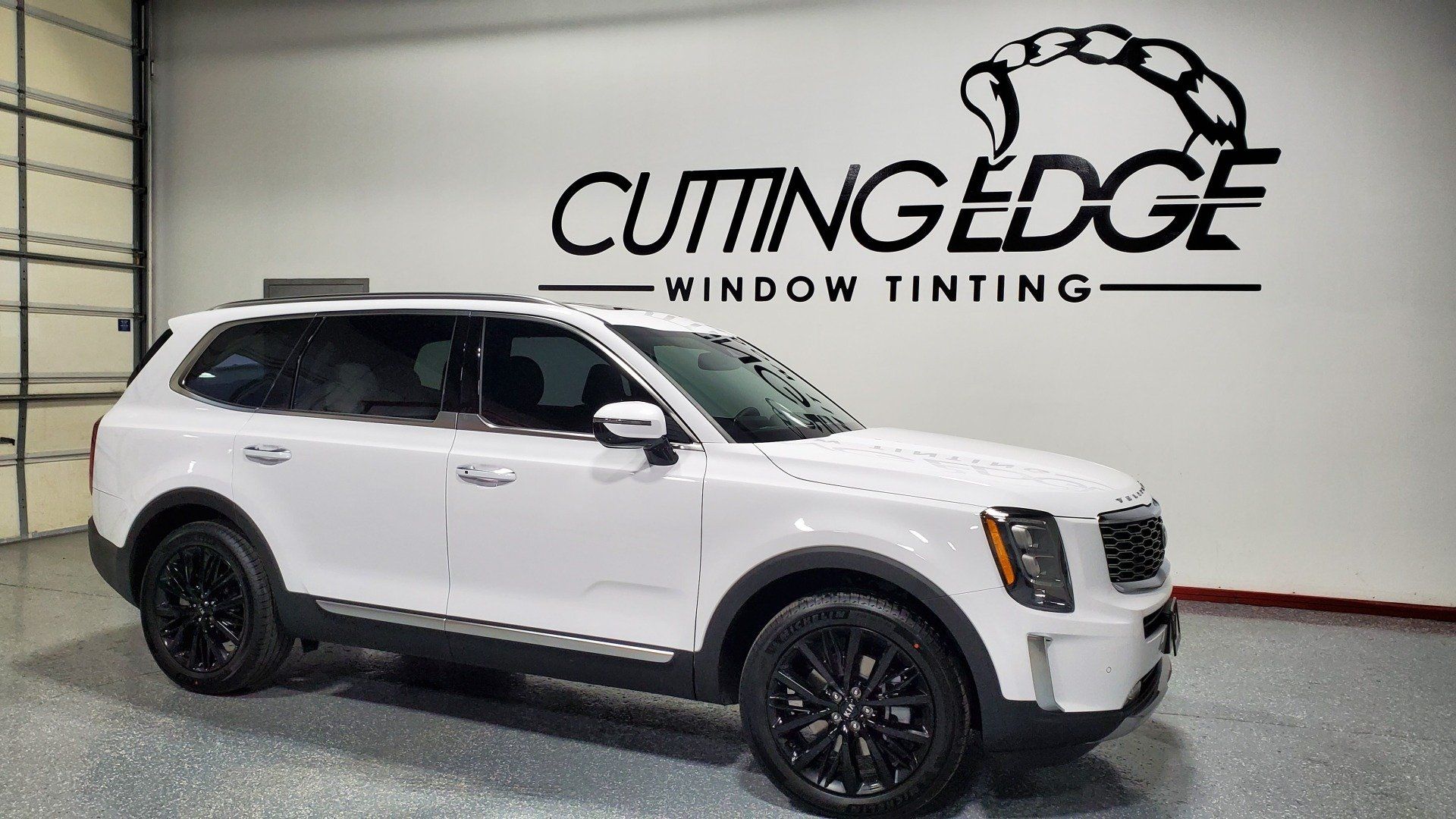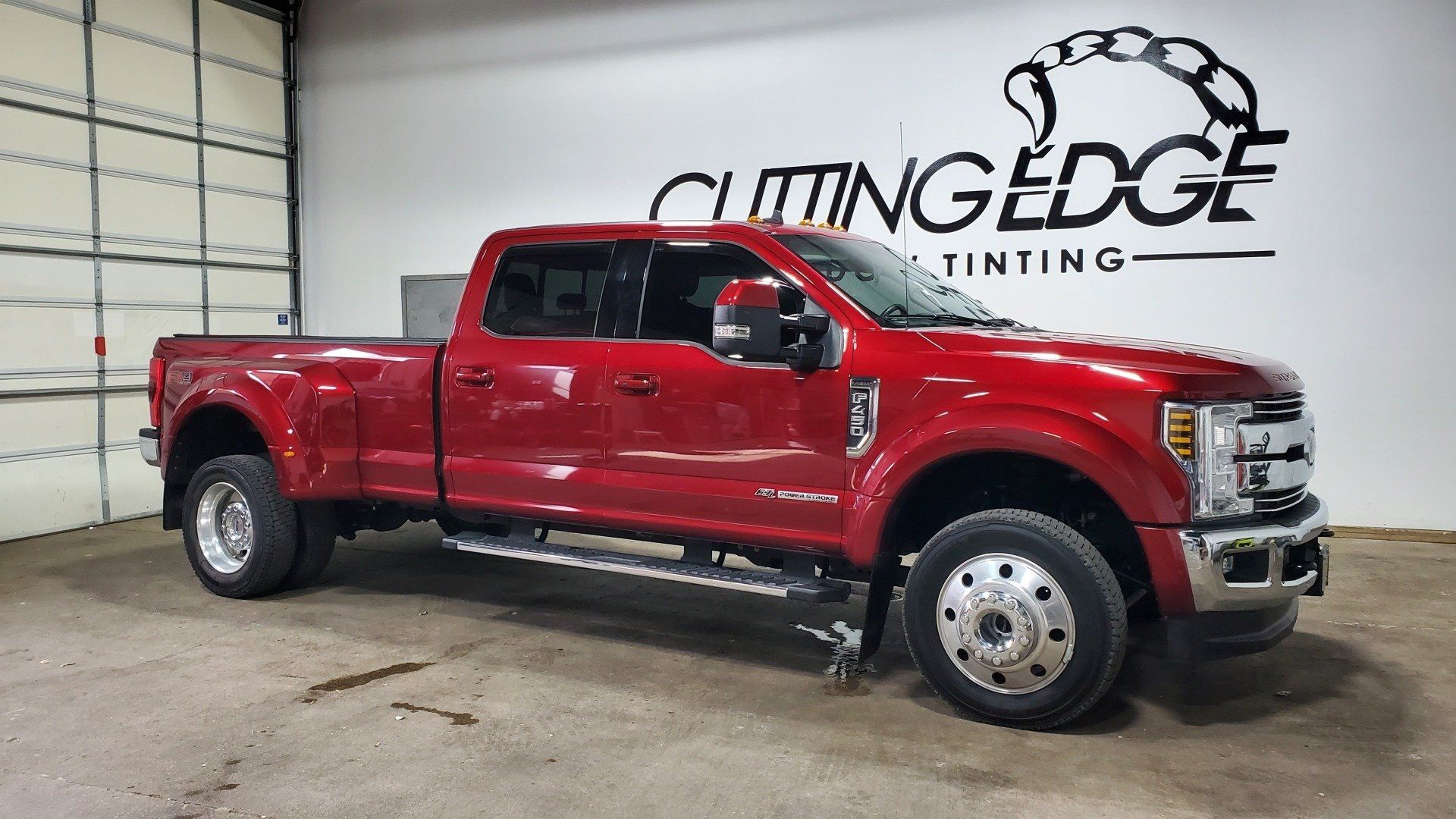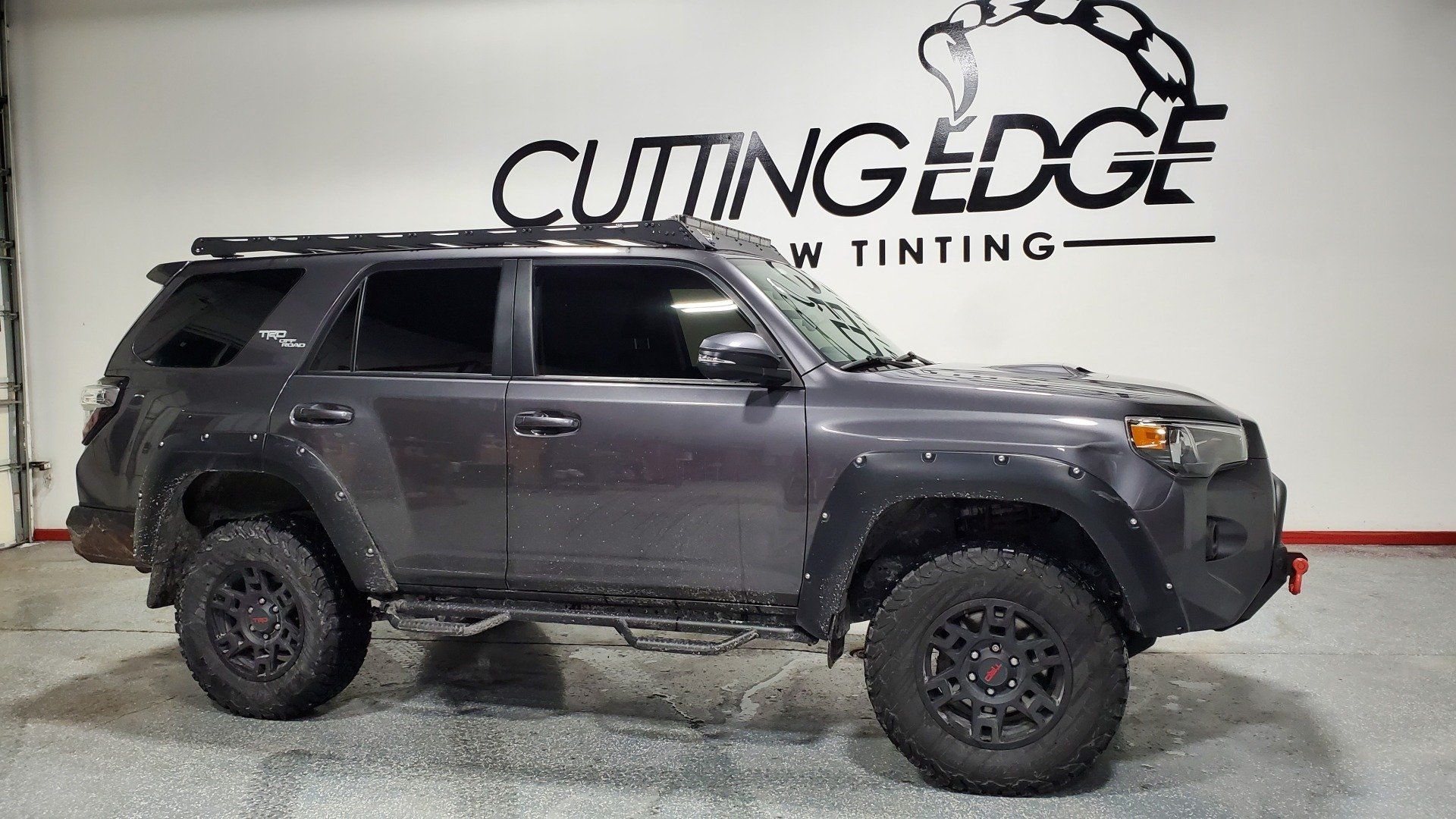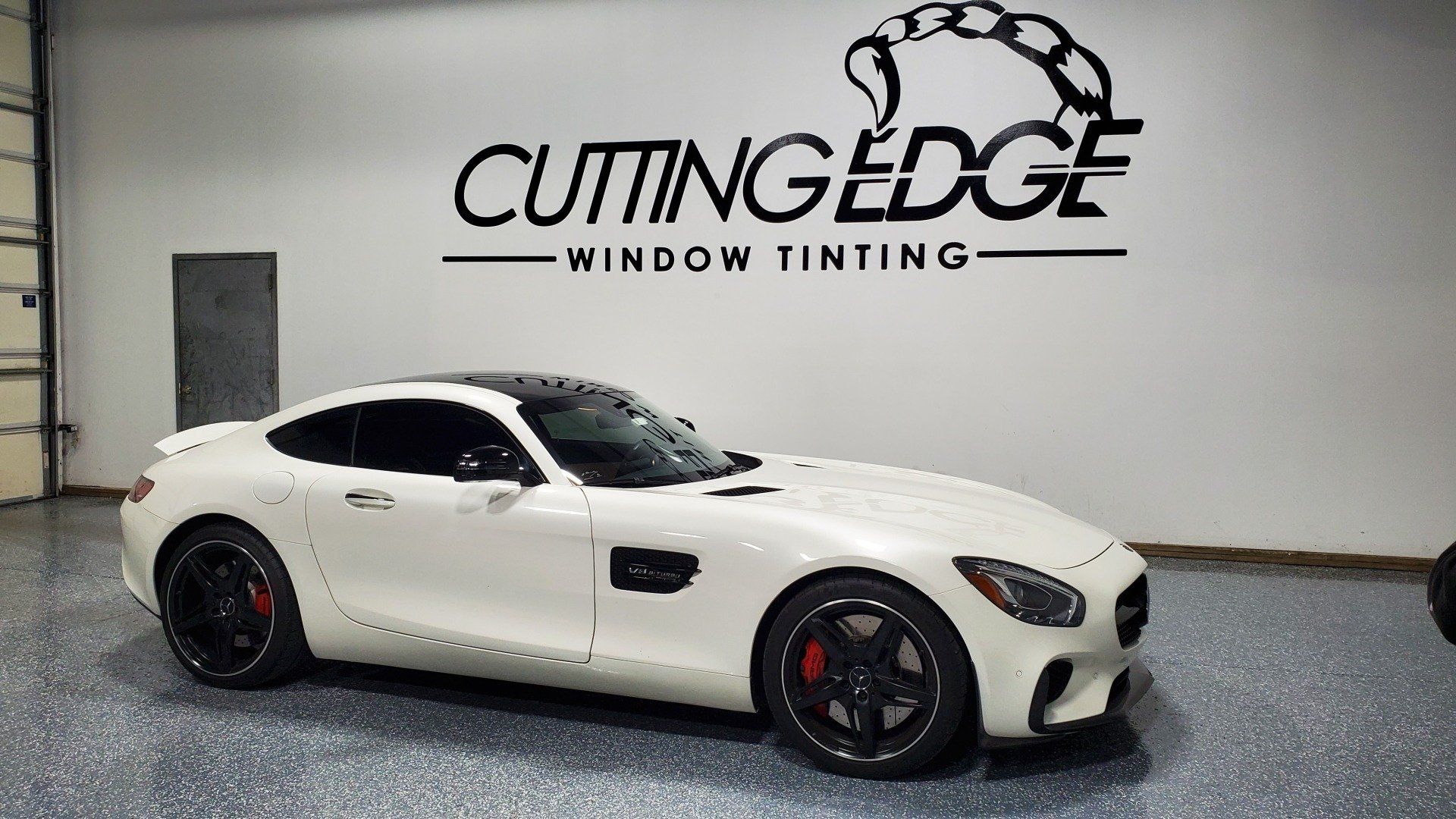What is window tinting? The Different Shades Of Window Tinting
WIndow tinting is a thin, scratch-resistant film that helps keep your vehicle's interior looking new. This material usually has an anti-glare quality for visibility during dusty or smoggy conditions and preserves sunlight filtering through by preventing dirt particles from getting inside!
Why do you need window tinting?
Window tinting is not just for show. It has a real purpose: to protect you and your car from the sun's harmful rays. UV radiation can cause skin cancer, and it can also damage your car's interior. Window tinting blocks out most of the UV radiation, keeping you and your car safe.
But not all window tinting is created equal. There are different shades of window tinting, and each provides a different level of protection. The tone of the tint is also important – lighter tints offer more visibility, while darker tints offer more protection from the sun.
The variety of shades for window tinting is large, from clear right all the way down to absolutely blacked out. But within the legal limits, there's still plenty to choose from! Fortunately, many benefits such as protection against harmful UV rays aren't dependent on your windows being ultra-dark. So there is no need to stress if you don't want it that way because we've detailed some popular choices below, which will help guide your decision in choosing what the best suit for you is!
Types of window tint shade.
There are a few different types of window tinting that you can choose from, depending on the look you're going for and the level of privacy or protection you need. The three main types of window tinting are:
● Light tint: A light tint will allow some light to pass through the windows and reduce glare and heat.
● Medium tint: A medium tint will provide more privacy and protection from the sun, but some light will still be able to pass through.
● Dark tint: A dark tint will provide the highest level of privacy and protection from the sun, but very little light will be able to pass through.
Some other types of window tint include:
● Dyed tint: Dyed window tinting is the most affordable and common type of car interior protection. This method consists of many layers that absorb sunlight as it tries to penetrate your windows, giving you control over how dark or light those inside are exposed to! The disadvantage of dyed tint is that it doesn't provide adequate UV protection compared to the others.
● Metalized tint: Metalized tints are made by coating the windows with microscopic metal particles. These have been found to keep out sunlight instead of absorbing it as regular dye-based tinting does, which makes them much more effective at preventing heat buildup inside your car! This type of tint is especially scratch-resistant and adds strength to the windows, making them harder to shatter in an accident. Metalized tint makes the windows look shinier. A minor disadvantage of metalized tint is that it interferes with radio or GPS signals
● Hybrid tint: Hybrid tinting is the perfect choice for those who can't seem to decide between metalized or dyed tints. This type consists of both colored layers with a thin layer made of pure silver, which reduces some negative aspects of each style but doesn't eliminate them either way. Hybrid auto films provide the perfect balance between privacy and visibility, making them an excellent choice for drivers who need to be discreet and want protection from UV rays.
● Carbon tint: Car carbon window tints are a great way to keep your car cool and protect it from the sun. They have an attractive matte finish, which makes them more aesthetically pleasing than other auto-tinting films such as dyed or metallic ones that may be used in cars today. With their strong insulating features, these carbons will help lower internal temperatures by about 40% compared with no protection!
● Ceramic tint: The best type of tint for your car is ceramic. It offers more protection than other films, but its particles don't conduct heat so that you can have the same level of cooling reflection with less film installed! Ceramic window tints are a great choice for those looking to protect their car's interior from sun damage and keep its electronics safe. They don't have any dyes or metal particles so that they won't fade over time! These windows also help reduce glare, allowing you to have an effective, lightweight tint on your vehicle without compromising visibility in traffic-heavy areas.
What is the difference between tint tone and shade?
The tone of a window tint refers to the darkness or lightness of the film itself, whilst the shade refers to the proportion of visible light that is allowed to travel through. A lighter tone will usually have a higher shade rating, meaning more light will be able to pass through, while a darker tone will have a lower shade rating and allow less light to pass through.
One could ask, "Which is better, a lighter or darker tone?"
That depends on your personal preference. Some people prefer a lighter tone for aesthetic reasons, while others find that a darker tone provides more privacy and protection from the sun's heat. Ultimately, it's up to you what shade of tint you choose. Read More About Window Tinting.
Conclusion.
Window tinting is an important step in protecting yourself and your car from the sun's harmful rays. Make sure to choose the right shade of window tint for your needs.
When you're ready to have your windows tinted, Cutting Edge window tinting is a professional who can help you choose the right film and shade for your needs. With a little bit of research, you can find the perfect film for your home and enjoy all the benefits that window tinting offers.
So what's the best shade of window tint for you? That depends on your needs and preferences. Cutting Edge window tinting can find out what's right for you. They can help you choose the perfect shade of window tint for your car, and they can also install it for you.
